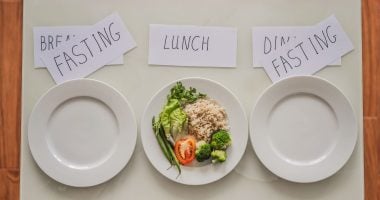People who are diagnosed with diabetes and begin to research what to eat will be confronted with a vast range of information.
A variety of diets such as low-carb, low-fat, low-GI, Mediterranean and many other diets are used by people in controlling their blood glucose levels.
Despite the variety of diets available, there are a number of common recommendations which most of the diets include.
Guidance for a healthy diet
- Avoid becoming reliant on convenience foods such as crisps, biscuits or ready meals
- Ensure each main meal has a good intake of vegetables
- Choose fats from healthy sources such as meat, fish, dairy, unsalted nuts and olive oil
- Aim to have oily fish at least twice a week
- When choosing starchy foods, avoid white versions and choose versions with a higher fibre content
- Have carbohydrate in moderation as high quantities of carbohydrate in meals will adversely affect blood glucose levels
- Eat whole fruit in preference to fruit juice as whole fruit has more fibre and impacts upon sugar levels more slowly
- Be aware of portion sizes






